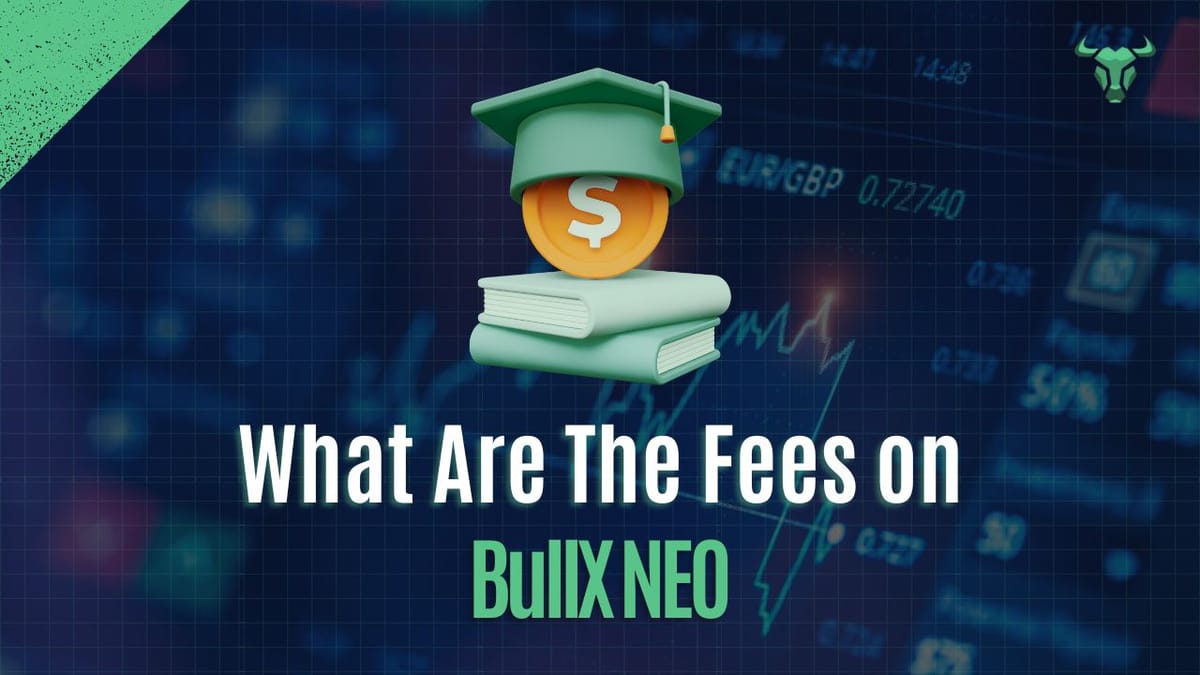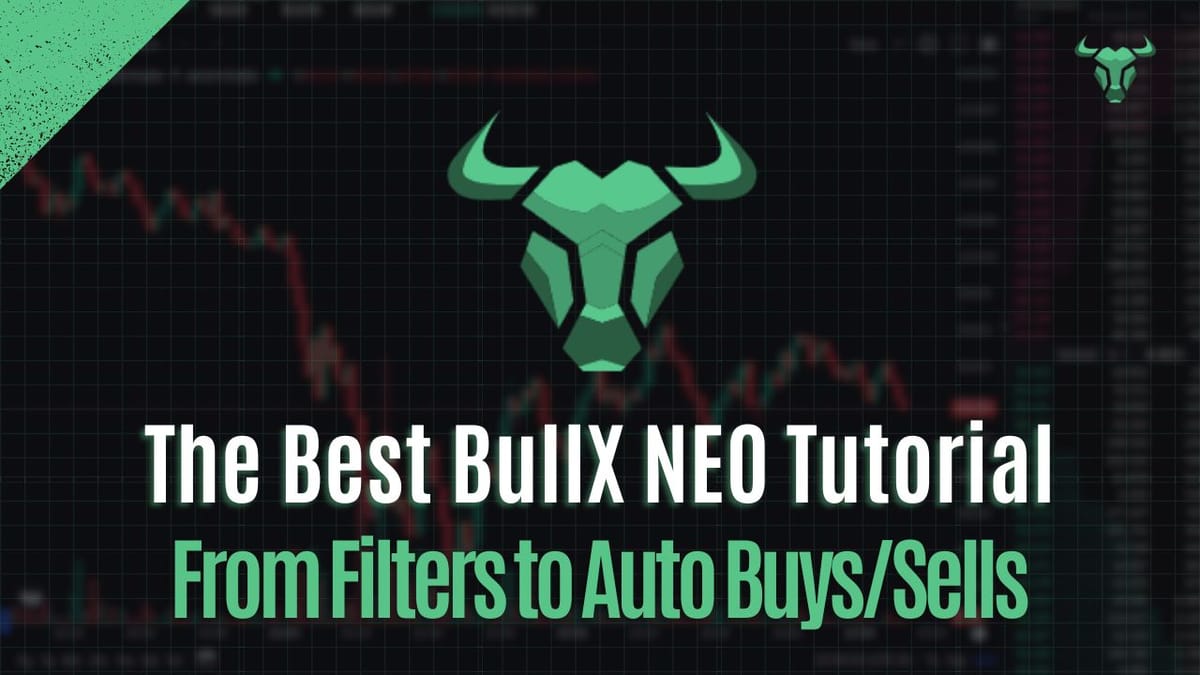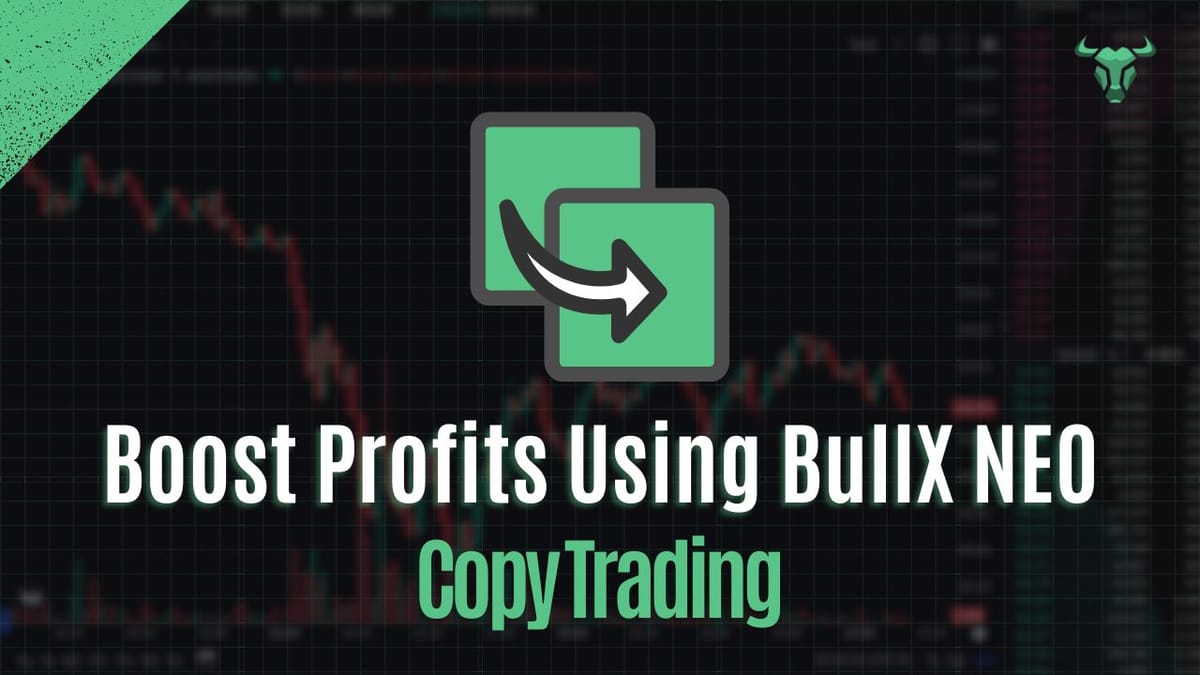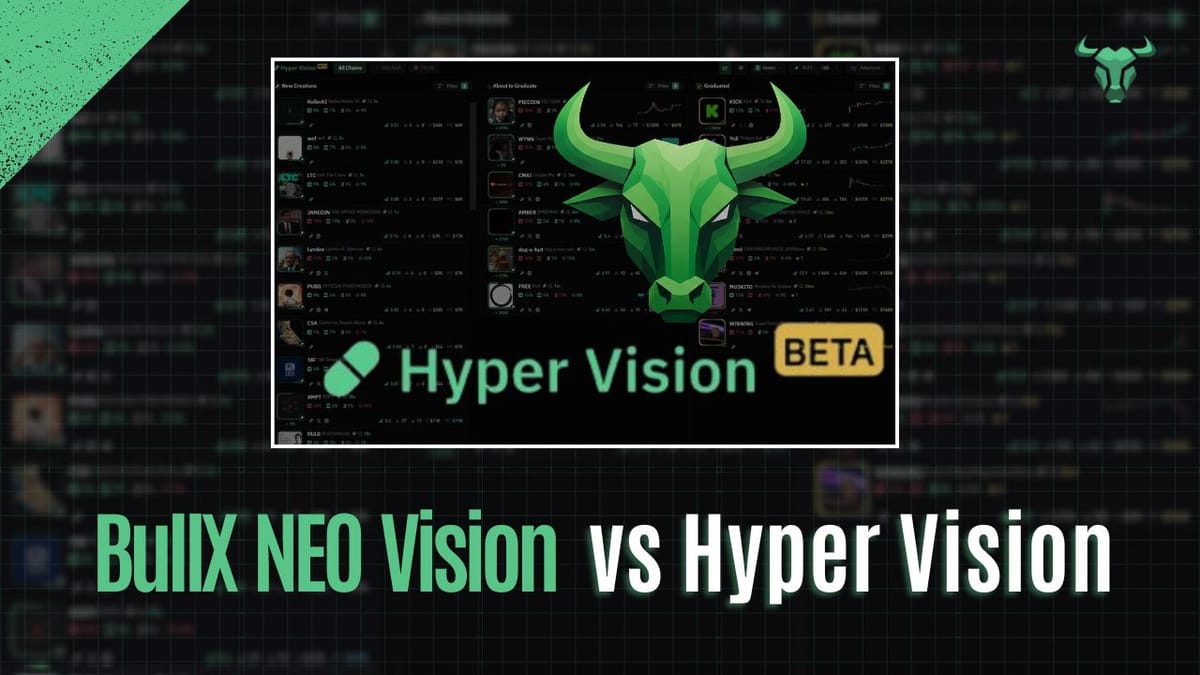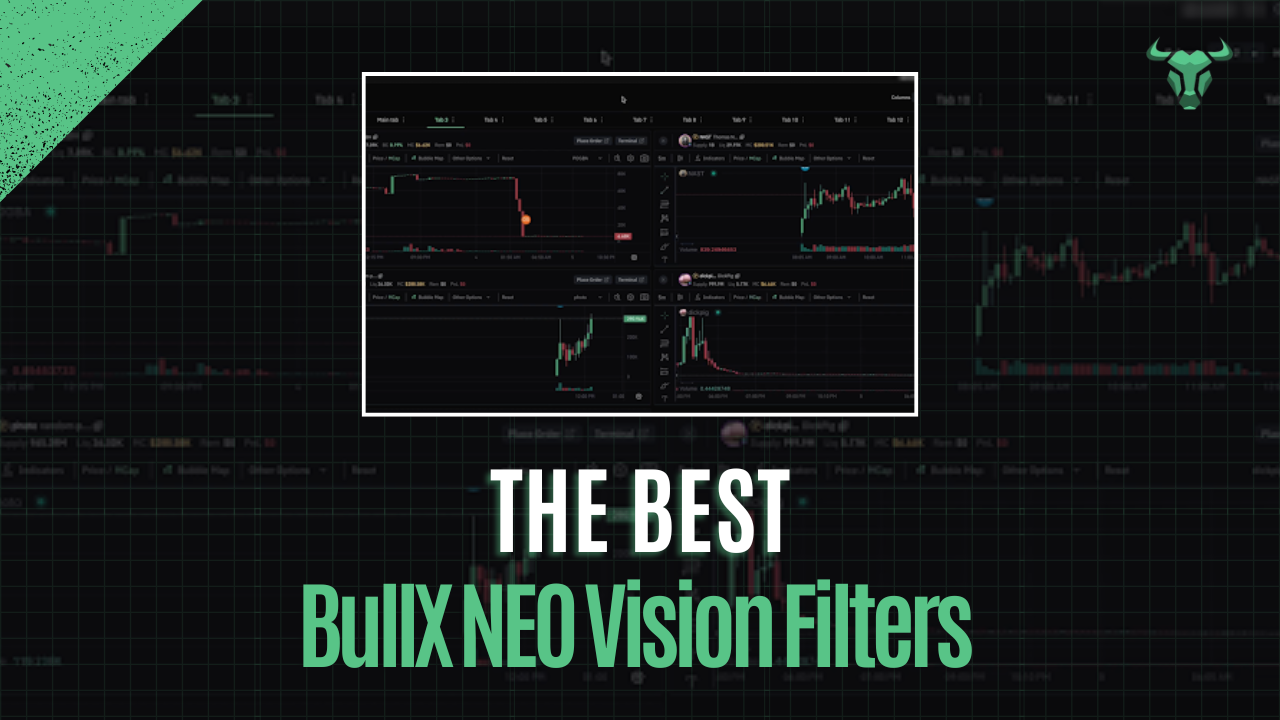The Top List of Decentralized Exchanges (DEXs) for 2025
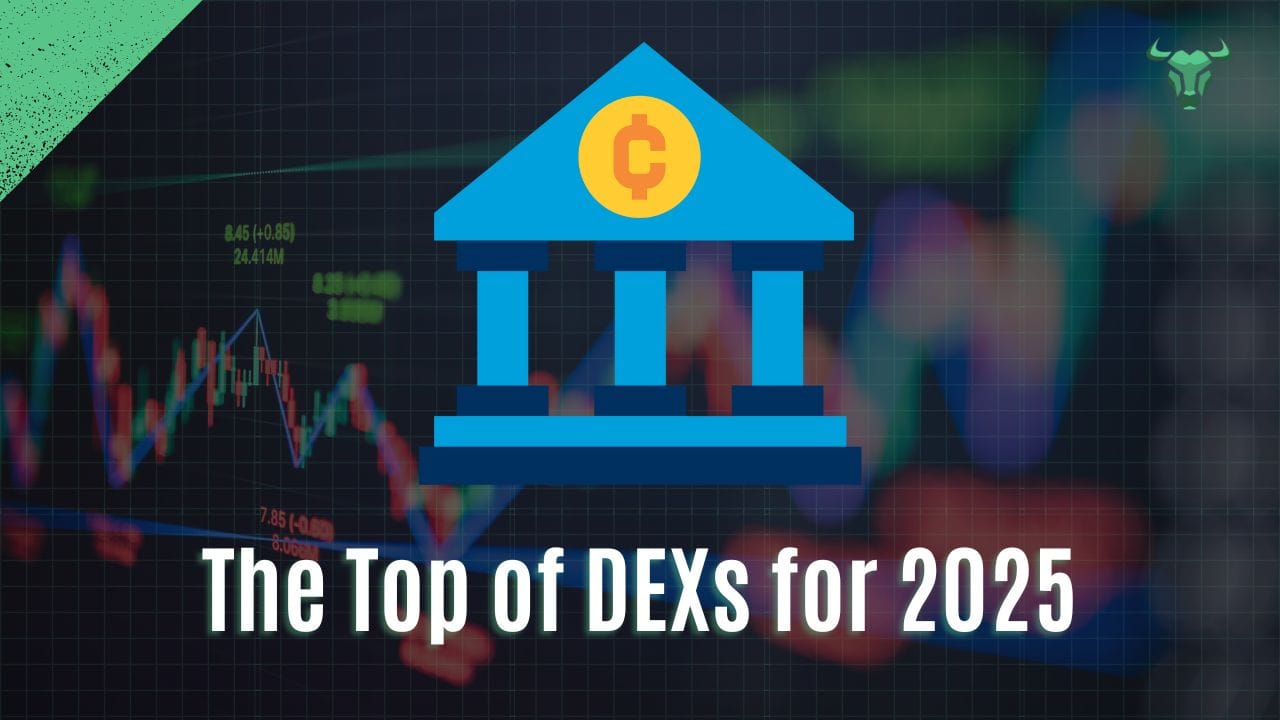
Understanding Decentralized Exchanges
Hey everyone! So, you're probably hearing a lot about decentralized exchanges, or DEXs, these days.
They're a pretty big deal in the crypto world, letting people trade digital money without a middleman.
It's like cutting out the bank and just swapping cash directly with someone else, but for crypto.
As we head into 2025, these platforms are just getting bigger and better.
This article is going to give you the lowdown on the top list of decentralized exchanges you should know about. We'll cover what they are, why they matter, and what to look out for.
Key Takeaways
- DEXs let you trade crypto directly with other people, no central company involved.
- Smart contracts are super important for DEXs; they make trades happen automatically and safely.
- There are different kinds of DEXs, some are good for regular crypto, others are better for stablecoins or even NFTs.
- When picking a DEX, always check how secure it is, how easy it is to use, and if it has enough trading action.
- The future of DEXs probably includes trading across different blockchains and using faster, cheaper tech.
What is a Decentralized Exchange
Okay, so what is a decentralized exchange (DEX)? Basically, it's a crypto exchange that doesn't rely on a central authority.
Think of it as a marketplace where you can trade crypto directly with other people, without a middleman holding your funds.
This direct peer-to-peer interaction is a key feature.
- No central authority means less risk of censorship.
- Users maintain control of their private keys.
- Transactions are typically more transparent.
DEXs are designed to be trustless. You don't have to trust an organization to hold your money; you only need to trust the code.
The Role of Smart Contracts
Smart contracts are the backbone of DEXs. These are self-executing contracts written in code and stored on a blockchain.
When you make a trade on a DEX, you're actually interacting with a smart contract. The contract automatically executes the trade when certain conditions are met.
It's like a vending machine for crypto.
The use of smart contracts ensures that trades are executed automatically and securely, without the need for intermediaries.
Benefits of Decentralized Trading
Why use a DEX instead of a centralized exchange? Well, there are a few good reasons:
- Security: You control your own funds, reducing the risk of exchange hacks.
- Privacy: Many DEXs don't require you to provide personal information.
- Access: DEXs can offer access to a wider range of tokens, especially smaller or newer projects.
Of course, there are also risks involved, but the benefits of decentralized trading are making DEXs increasingly popular.
Leading Ethereum-Based Decentralized Exchanges

Ethereum has become the go-to blockchain for decentralized exchanges, and for good reason. Its smart contract functionality makes it easy to build and deploy these platforms.
Let's take a look at some of the leading DEXs built on Ethereum.
Uniswap: The Pioneer of DeFi
Uniswap is arguably the most well-known DEX on Ethereum. It popularized the automated market maker (AMM) model, which allows users to trade tokens without the need for traditional order books.
Instead, liquidity is provided by users who deposit tokens into liquidity pools. This makes it super easy to swap one token for another.
Uniswap has gone through several iterations, each improving on the last. It's known for its simple interface and wide range of supported tokens.
You can find multiple decentralized exchanges on Ethereum, but Uniswap is the most popular.
- Simple and intuitive interface
- Large liquidity pools
- Wide range of supported tokens
Uniswap's success has paved the way for many other AMM-based DEXs, and it continues to be a major player in the DeFi space. Its innovative approach to trading has made it a favorite among both new and experienced crypto users.
Curve Finance: Optimized for Stablecoins
Curve Finance takes a different approach than Uniswap.
It's specifically designed for trading stablecoins and other assets that are pegged to a similar value.
This allows Curve to offer much lower slippage and fees for these types of trades. If you're looking to swap between different stablecoins, Curve is often the best option.
The platform's focus on stablecoins makes it a critical piece of the DeFi infrastructure.
Curve is also known for its veCRV token, which allows users to participate in governance and earn boosted rewards. The good crypto exchange market is competitive, but Curve has carved out a niche for itself.
- Low slippage for stablecoin trades
- Optimized for pegged assets
- veCRV governance token
SushiSwap: Community-Driven Innovation
SushiSwap started as a fork of Uniswap, but it has since evolved into its own unique platform.
It introduced the concept of a token called SUSHI, which is distributed to users who provide liquidity. This incentivizes users to stay on the platform and participate in governance.
SushiSwap has also expanded its offerings to include things like lending and borrowing, making it a more comprehensive DeFi platform.
SushiSwap is a leading decentralized exchange that is constantly evolving.
- SUSHI token rewards for liquidity providers
- Community-driven governance
- Expanded DeFi offerings
Key Considerations for Choosing a DEX

Choosing the right decentralized exchange can feel like a big decision, but breaking it down into key areas makes it easier.
It's not just about picking the one with the coolest name or the flashiest website.
You need to think about what matters most to you as a trader or investor. Let's look at some important things to keep in mind.
Security and Audits
Security is, without a doubt, the most important thing. You need to know your funds are safe. Look for DEXs that have undergone audits by reputable third-party firms.
These audits check the smart contracts for vulnerabilities. Also, see what the community says about the DEX's security record.
Has it had any hacks or exploits in the past? A clean track record is a good sign.
It's also smart to keep your decentralized wallet updated.
User Experience and Interface
Let's be real, no one wants to use a platform that's confusing or hard to navigate.
The best DEXs have intuitive interfaces that make it easy to find what you're looking for. This is especially important if you're new to DeFi.
Look for a DEX with clear instructions, helpful tutorials, and a responsive design.
A good user experience can save you time and prevent costly mistakes. Some platforms even offer mobile apps, which is great if you want to trade on the go.
Liquidity and Trading Volume
Liquidity refers to how easily you can buy or sell an asset without significantly affecting its price.
A DEX with high liquidity will have plenty of buyers and sellers, which means you can execute trades quickly and at the price you want. Trading volume is a good indicator of liquidity.
The higher the volume, the more liquid the market. If a DEX has low liquidity, you might have trouble finding someone to take the other side of your trade, or you might have to accept a less favorable price.
Choosing a DEX is a personal decision. What works for one person might not work for another. Take your time, do your research, and find a platform that meets your needs and makes you feel comfortable. Don't be afraid to try out a few different DEXs before settling on one.
Emerging Trends in Decentralized Exchanges
Decentralized exchanges are evolving fast. It's not just about swapping tokens anymore; there's a whole bunch of new stuff happening that's going to change how we use them.
Let's take a look at some of the big trends.
Cross-Chain Interoperability
One of the biggest problems with DEXs right now is that they're usually stuck on one blockchain. You can't easily trade tokens from Ethereum for tokens on Solana, for example.
Cross-chain interoperability aims to fix this. It's about making DEXs that can connect to multiple blockchains, so you can trade any token with any other token, no matter where it lives.
This will make the whole DeFi space way more connected and useful. Imagine being able to seamlessly swap Bitcoin for Ethereum directly on a DEX – that's the goal.
Layer 2 Scaling Solutions
Ethereum is great, but it can get really slow and expensive, especially when lots of people are using DEXs.
Layer 2 scaling solutions are like express lanes for Ethereum transactions. They help DEXs handle more trades, faster, and with lower fees. Think of it as adding more lanes to a highway.
Some popular Layer 2 solutions include Optimism and Arbitrum. These solutions are becoming increasingly important for decentralized trading to remain competitive with centralized exchanges.
Integration of NFTs
NFTs are more than just digital art; they're becoming a big part of the DeFi world. Some DEXs are starting to integrate NFTs, allowing you to trade them just like any other token.
This opens up a whole new world of possibilities, like using NFTs as collateral for loans or trading fractionalized NFTs.
It's still early days, but the integration of NFTs into DEXs could be a game-changer. Here's a quick look at how NFT integration might work:
- NFT Swaps: Directly trade NFTs for other NFTs or tokens.
- Fractionalized NFTs: Buy and sell pieces of high-value NFTs.
- NFT-Backed Loans: Use NFTs as collateral to borrow crypto.
The future of DEXs isn't just about trading tokens. It's about creating a more connected, efficient, and versatile financial system. These emerging trends are paving the way for a new era of decentralized finance, where anyone can participate and access financial services without intermediaries.
Navigating Risks in Decentralized Trading
Decentralized exchanges (DEXs) offer a lot of cool benefits, like keeping control of your own money and better privacy.
But, like anything in crypto, there are risks you need to know about.
It's not all sunshine and roses; you have to be smart about how you trade.
Smart Contract Vulnerabilities
Smart contracts are the backbone of DEXs, but they can also be a weak spot. If there's a bug in the code, hackers can exploit it to steal funds. It's like finding a loophole in a bank's security system.
Always check if the DEX has had its smart contracts audited by a reputable firm.
A good audit can catch a lot of potential problems before they cause real damage. Also, keep an eye out for any news about vulnerabilities being discovered in the DEX's smart contracts. Better safe than sorry!
Impermanent Loss Considerations
Impermanent loss is a tricky thing that can happen when you're providing liquidity to a DEX.
It happens when the price of the tokens you've deposited changes compared to when you deposited them.
The more the price changes, the bigger the loss can be. It's called "impermanent" because it's only realized if you withdraw your tokens. If the prices go back to where they were when you deposited, the loss disappears.
Here's a simple example:
Token | Initial Value | Value After Price Change | Impermanent Loss |
|---|---|---|---|
Token A | $100 | $80 | $20 |
Token B | $100 | $120 | $0 (Gain offsets loss) |
To deal with impermanent loss, consider these points:
- Choose liquidity pools with stable or correlated assets.
- Understand the risks involved before providing liquidity.
- Monitor your positions regularly.
Impermanent loss is a complex issue, and it's important to do your research before providing liquidity to a DEX. Don't just jump in without understanding the risks. It can save you a lot of money and headaches in the long run.
Regulatory Landscape Evolution
The rules around DEXs and decentralized finance (DeFi) are still being figured out.
What's legal today might not be legal tomorrow.
Different countries have different ideas about how to regulate crypto, and things are changing all the time. This can create uncertainty and risk for traders. For example, a DEX might be forced to shut down if it doesn't comply with new regulations.
Or, a trader might face legal trouble for using a DEX that's not allowed in their country.
Keep up with the latest news and developments in crypto regulation to stay informed. It's a good idea to consult with a legal professional if you're not sure about something. The lack of KYC procedures means very limited customer support, leaving users to manage problems on their own.
The Future of Decentralized Finance
Decentralized Finance (DeFi) is rapidly changing, and it's exciting to think about where it's headed.
We're seeing new ideas pop up all the time, and it feels like we're just scratching the surface of what's possible. It's not just about trading anymore; it's about building a whole new financial system.
Increased Adoption and Accessibility
DeFi used to be something only tech-savvy people understood, but that's changing.
More and more people are starting to use it, and it's becoming easier for anyone to get involved. We're seeing simpler interfaces and more educational resources, which is helping to bring DeFi to a wider audience.
The key to mass adoption is making DeFi as easy to use as traditional finance.
- Easier user interfaces are being developed.
- More educational resources are available.
- Mobile access is becoming more common.
Innovation in Trading Models
Traditional order book exchanges aren't the only way to trade anymore. DeFi is experimenting with all sorts of new models, like automated market makers (AMMs) and dynamic liquidity pools.
These new models can offer better prices, lower slippage, and more flexibility for traders. It's all about finding ways to make trading more efficient and accessible.
For example, listing tokens on DEXs is becoming more streamlined.
Decentralized Autonomous Organizations
DAOs are changing how projects are managed and governed. Instead of a central authority making all the decisions, DAOs allow the community to have a say.
This can lead to more transparent and democratic decision-making, and it can also help to align the incentives of all the participants.
It's a new way of organizing and coordinating, and it has the potential to revolutionize many different industries.
I think DAOs are going to be huge. The idea of a community owning and controlling a project is really powerful. It's not just about making money; it's about building something together and having a say in how it's run. It's a more fair and equitable way of doing things, and I think it's the future.
Wrapping It Up: Your DEX Journey in 2025
So, there you have it. Picking a DEX in 2025 means looking at a few things: how easy it is to use, how safe it is, and what kind of coins you can trade.
The world of decentralized finance is always changing, and new stuff pops up all the time. But with the info here, you should be able to find a good spot to trade your crypto.
Just remember to do your own homework and be careful with your money. Happy trading!
Frequently Asked Questions
What exactly is a DEX?
A decentralized exchange, or DEX, is like a special online marketplace for digital money where people can trade directly with each other without needing a middleman. Think of it like a swap meet for cryptocurrencies, but instead of a person in charge, computer programs make sure everything runs smoothly and fairly.
How do smart contracts help DEXs?
DEXs are built on something called 'smart contracts.' These are like automatic agreements written in computer code. When you want to trade, the smart contract handles it all, making sure both sides of the trade happen correctly and securely, without anyone needing to trust a company or person in the middle.
What are the main benefits of using a DEX?
Trading on a DEX means you keep full control of your digital money at all times, unlike regular exchanges where they hold your funds. This makes it safer from hacks. Also, your personal info isn't usually needed, so it's more private. Plus, fees can often be lower.
What is Uniswap and why is it important?
Uniswap is a very popular DEX on the Ethereum network. It's known for being easy to use and letting people trade many different types of digital tokens. It was one of the first big DEXs and helped make decentralized finance, or DeFi, popular.
What should I look for when picking a DEX?
When choosing a DEX, it's super important to pick one that's secure. Look for DEXs that have been checked by experts to make sure their code is safe. Also, check if it's easy to use and if there are lots of people trading on it, which means it has good 'liquidity.'
Are there any risks to using a DEX?
Even though DEXs are generally safer because you control your money, there are still risks. Sometimes, the smart contracts can have hidden problems that hackers can use. Also, if you provide money for trading (called 'liquidity'), you could lose some of it if the prices of the digital coins change a lot, which is called 'impermanent loss.'
Want to learn more about BullX NEO? Check out these related guides:
